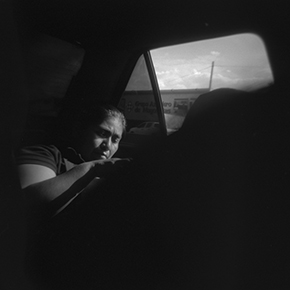 https://agencevu.com/wp-content/uploads/2021/04/00_GRIG23539-2018NB18.jpg
290
290
Jean-Baptiste Henimann
/wp-content/uploads/2021/05/logo-vert-2.svg
Jean-Baptiste Henimann2019-04-19 16:28:502021-04-13 11:43:20Mexico, 2019
https://agencevu.com/wp-content/uploads/2021/04/00_GRIG23539-2018NB18.jpg
290
290
Jean-Baptiste Henimann
/wp-content/uploads/2021/05/logo-vert-2.svg
Jean-Baptiste Henimann2019-04-19 16:28:502021-04-13 11:43:20Mexico, 2019Brigitte
Brigitte Grignet
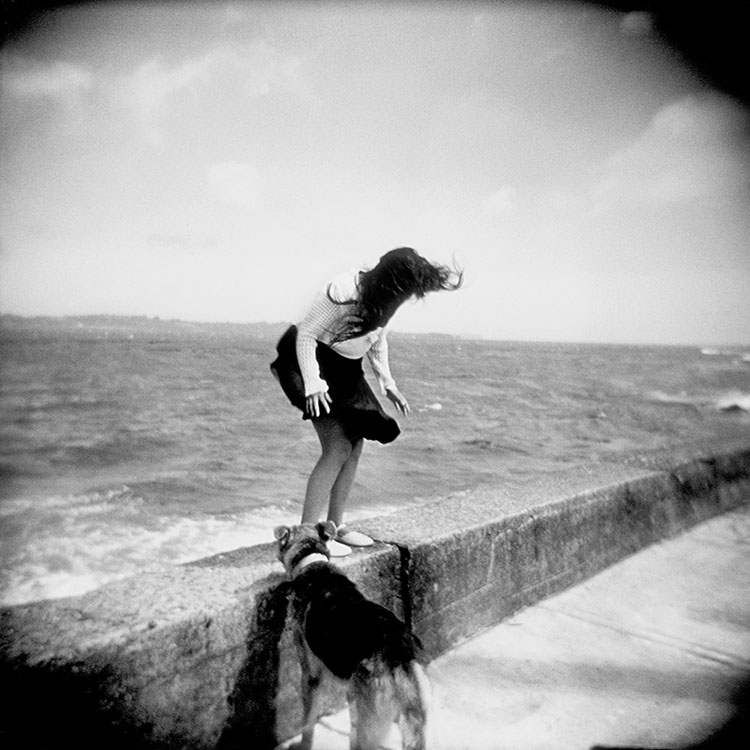
biography
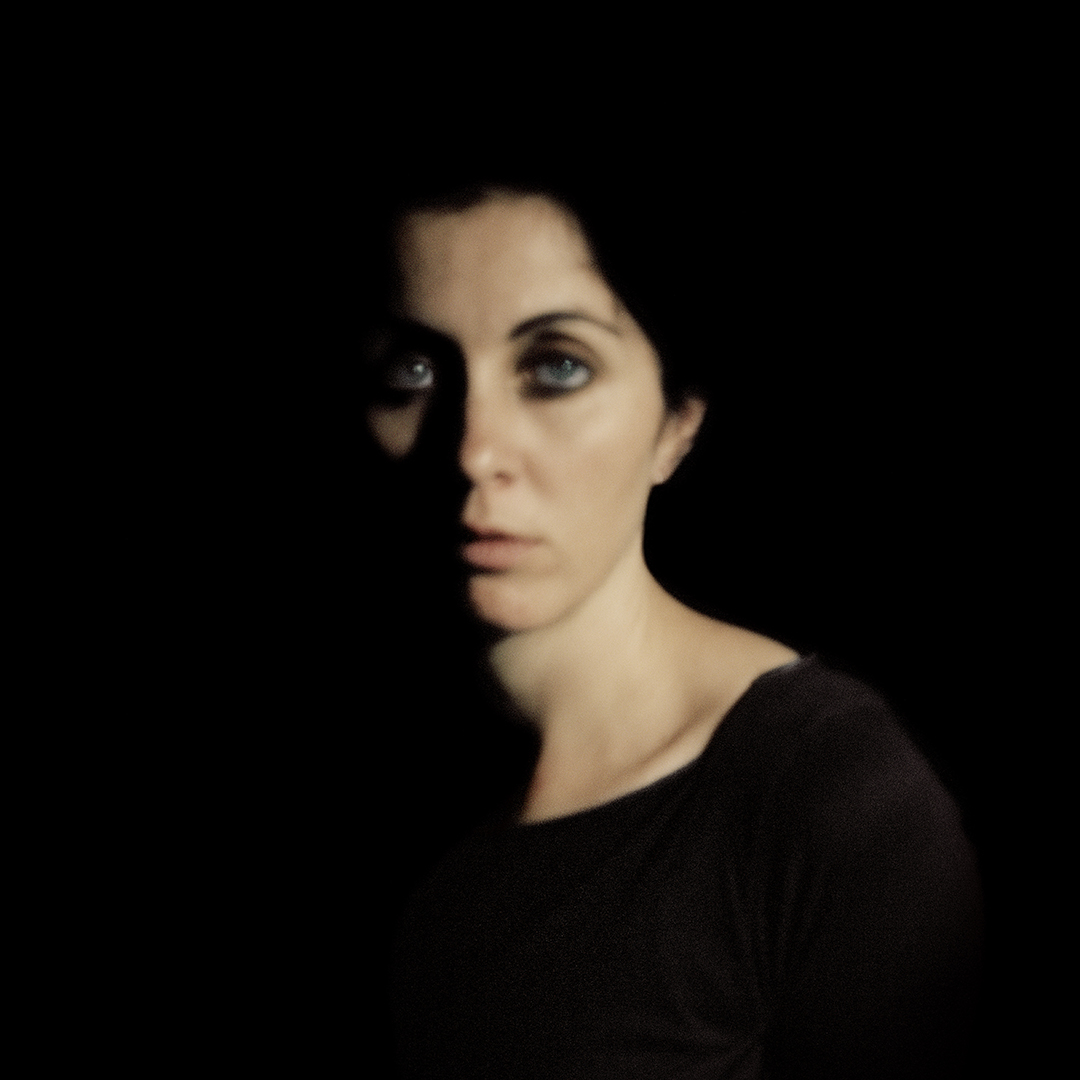
Brigitte Grignet is a Belgian photographer focusing in a more personal type of documentary photography. She studied photography at the International Center of Photography in New York, where she lived for 15 years. She worked with Mary Ellen Mark for 10 years and is represented by L’Agence VU’.
In 2011 she was rewarded with the Aaron Siskind Foundation Grant for the project she worked on for seven years in the south of Chile, “La Cruz del Sur,” where she recorded a way of life slowly disappearing, with its centuries-old social structures and cultural traditions. She received the Prize of the Minister of Culture (Photography Museum in Charleroi, Belgium) in 2017, the Marty Forscher Grant for Emerging Photographer in 2001, and the Fotografiecircuit Vlaanderen from the Photography Museum in Charleroi in 2003.
She is a 2016 Magnum Emergency Fund Grantee for her project “Welcome,” that documents the reality of unaccompanied children seeking asylum in Belgium.
Brigitte collaborated with Action Against Hunger in Guatemala, Colombia, and Palestine. She tells a story of people and their indomitable will to survive difficult situations and their continual quest to build and live within a life of dignity and grace.
Her work has been published among others in Newsweek, The New Yorker, Photo District News, Le Monde, FotoVisura, NPR 100 Words on Photography, Libération, El Pais, Days Japan, Lettre Internationale, Private, Granta.
Her images have been exhibited internationally and are included a.o. in the collections of the Kyosato Museum of Photography, The Photography Museum in Charleroi, the Portland Art Museum, the Cleveland Museum of Art, The Center of Creative Photography, the agnes b. collection.
series
 https://agencevu.com/wp-content/uploads/2021/04/00_GRIG23539-2018NB18.jpg
290
290
Jean-Baptiste Henimann
/wp-content/uploads/2021/05/logo-vert-2.svg
Jean-Baptiste Henimann2019-04-19 16:28:502021-04-13 11:43:20Mexico, 2019
https://agencevu.com/wp-content/uploads/2021/04/00_GRIG23539-2018NB18.jpg
290
290
Jean-Baptiste Henimann
/wp-content/uploads/2021/05/logo-vert-2.svg
Jean-Baptiste Henimann2019-04-19 16:28:502021-04-13 11:43:20Mexico, 2019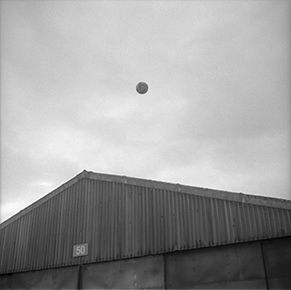
Welcome, 2016
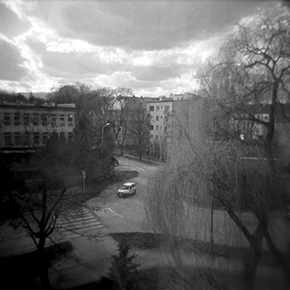
Poland, 2016
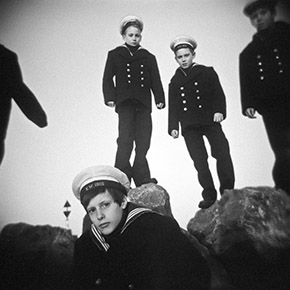
Belgium, The Fishermen Children, 2014
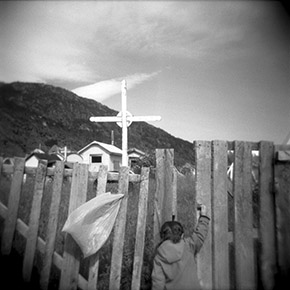
Patagonia, The Damned and the Beautiful, 2012
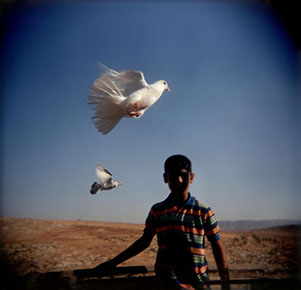
Palestine, 2005-2008
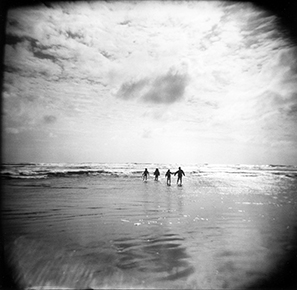
Chiloé - La Cruz del Sur, 2002-2008

Mexico, 2019

Welcome, 2016

Poland, 2016

Belgium, The Fishermen Children, 2014

Patagonia, The Damned and the Beautiful, 2012

Palestine, 2005-2008

Chiloé - La Cruz del Sur, 2002-2008

Mexico, 2019

Welcome, 2016

Poland, 2016

Belgium, The Fishermen Children, 2014

Patagonia, The Damned and the Beautiful, 2012

Palestine, 2005-2008

Chiloé - La Cruz del Sur, 2002-2008
books
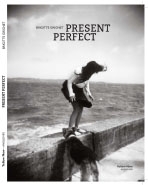
Present Perfect
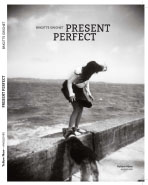
Present Perfect



